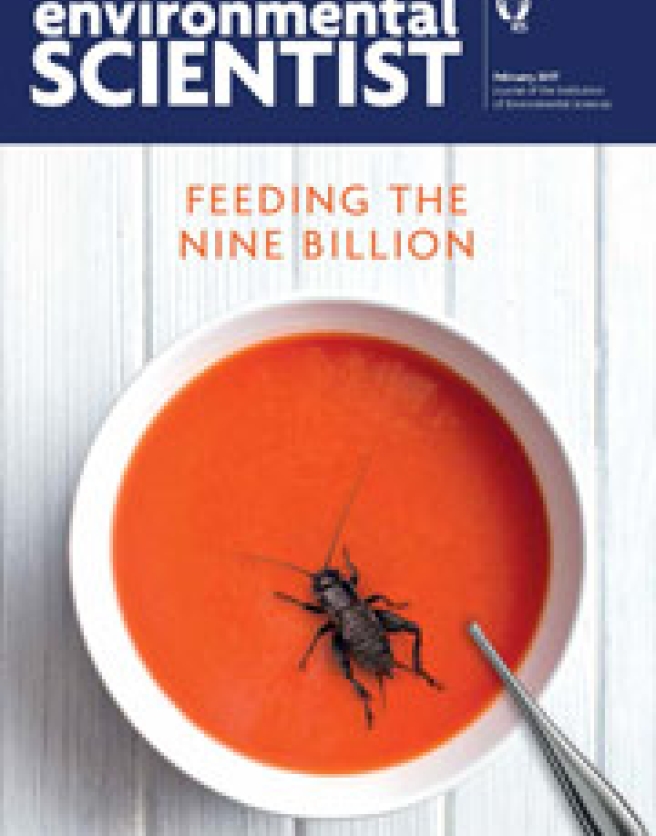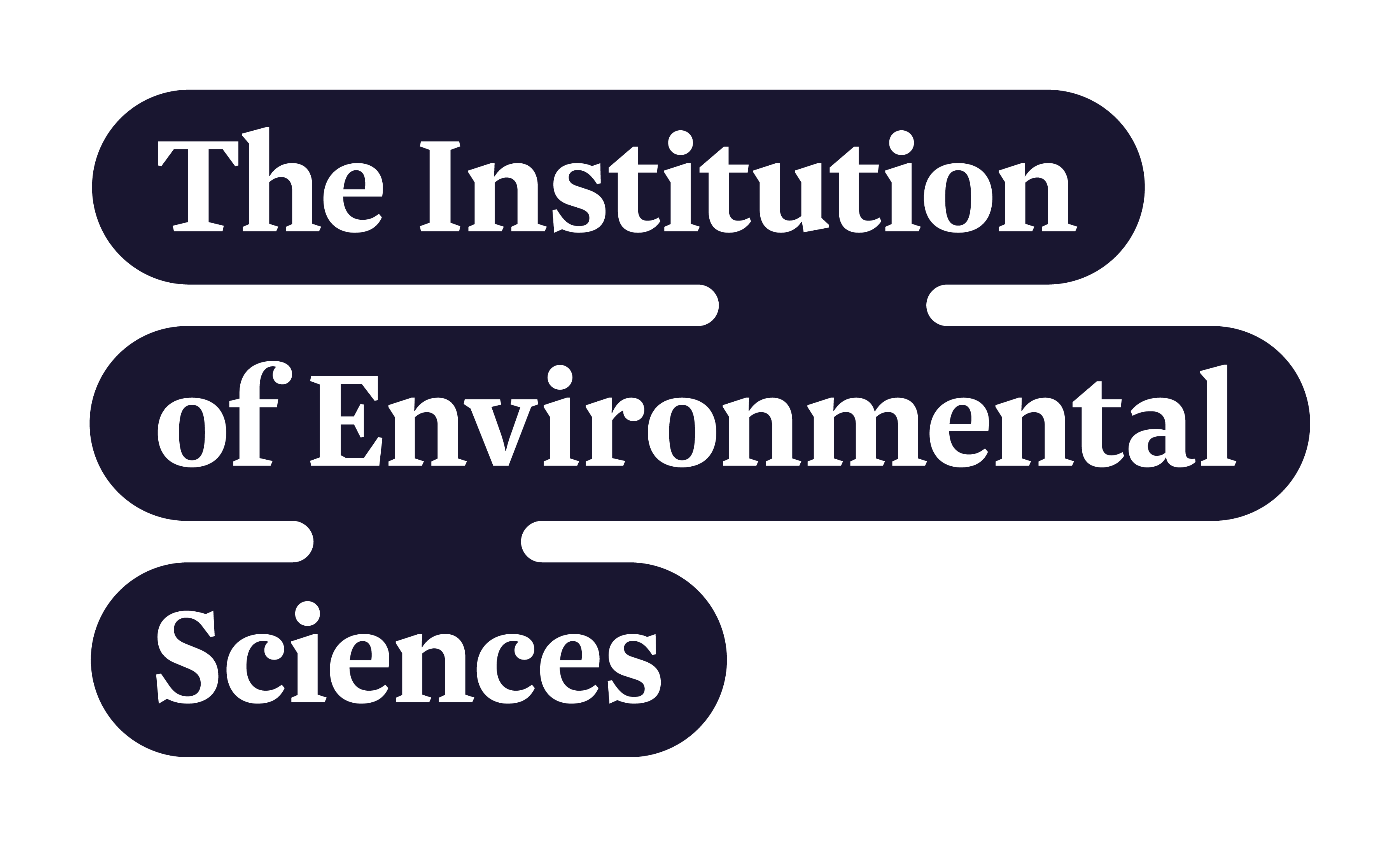Feeding the nine billion

It is estimated that the world's population will reach 9.7 billion by 2050. This presents a huge challenge: how to feed this many people. This problem can be addressed in a variety of ways: increasing production and sustainability through new technologies and practices, preventing food waste, and changing our diets and behaviours towards consumption. Featuring discussions on topics ranging from smart farms and soil research, to case studies of 'super foods' and successful food waste charities, this issue of the environmental SCIENTIST seeks to explore some of the interconnected challenges of feeding nine billion people. Innovation in thought, technology, policy and practice will play a crucial role in tackling food security in the coming decades, and we hope the case studies presented here will provoke further discussion and provide some insight.
- Food waste and food scarcity – why is it so hard for us to get right? – Vera Zakharov
- Feeding the nine billion: population growth and the challenge of food security – Robert Ashcroft
- Smart cities need smart farms – Stephen Hallett
- ShellEye in the sky – Kelly-Marie Davidson
- S.O.S. – Save our soil today to meet the food challenges of tomorrow – Jacqueline Hannam
- Neonicotinoids – friend or foe? – Dave Goulson
- Increasing global food security: nutrition and the case of the 'Super Broccoli' – Andrew Chapple
- Food loss and waste: A key issue for our generation – Barbara Leach and Richard Swannell
- Making a meal of food waste – Michelle Reeve
- Could environmental 'upstanders' change the way we see food forever? – Kate Power
- Alternative proteins: meet the future of meat – Victoria Circus
Volume: 26.1


